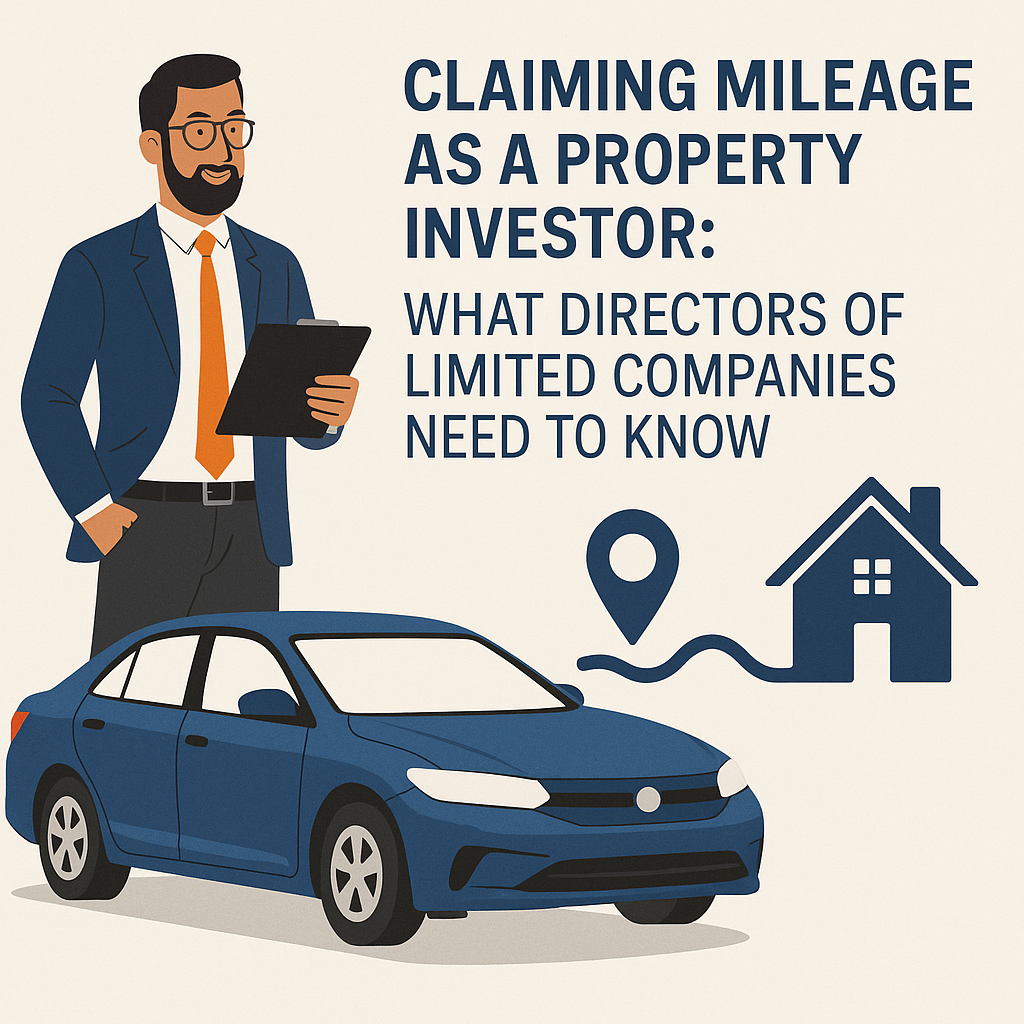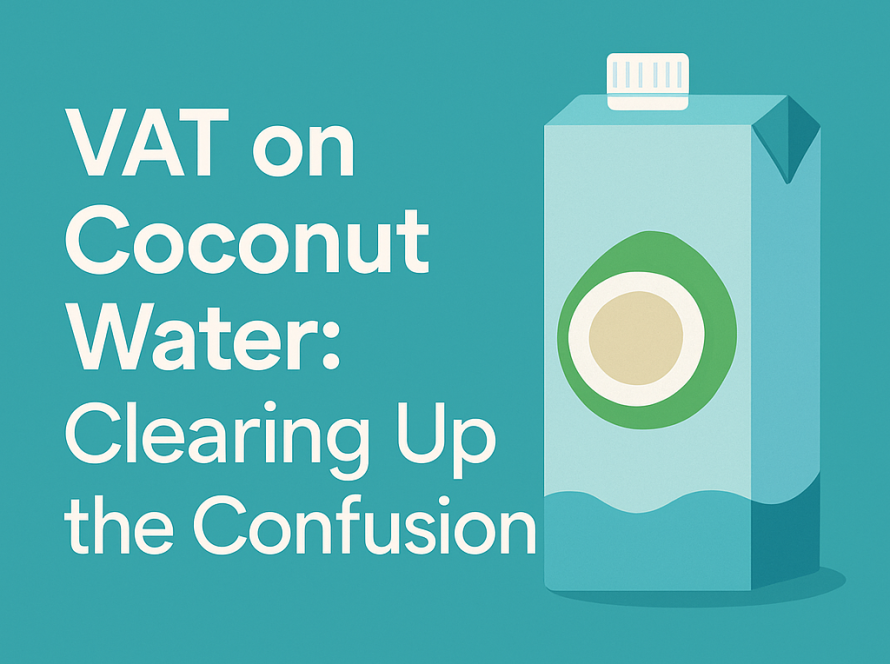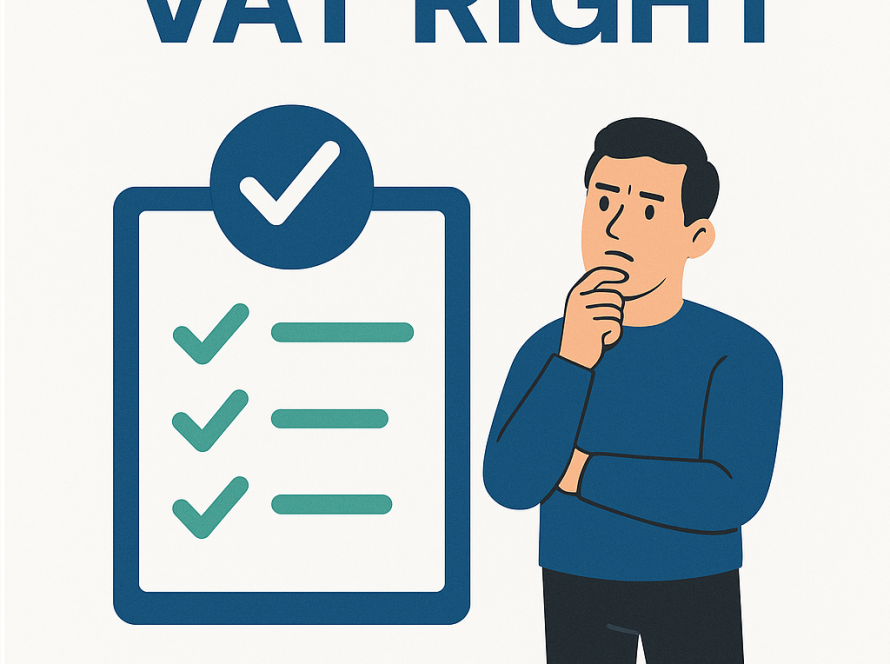If you’re a property investor operating through a limited company, understanding how to properly claim mileage is essential. Whether you’re visiting properties for inspections, meeting contractors, or attending viewings, these trips can add up—and so can the potential tax relief. Here’s what you need to know about claiming mileage as a director of a property investment company.
Who Can Claim Mileage?
If you use your personal vehicle for business purposes, and the property is owned by your limited company, then you can claim mileage expenses as the company director. These claims must relate strictly to business journeys, not personal use or commuting.
HMRC-Approved Rates
Directors can be reimbursed tax-free using HMRC’s Approved Mileage Allowance Payments (AMAPs):
- 45p per mile for the first 10,000 business miles per tax year
- 25p per mile for each additional mile over 10,000
These rates apply to all types of vehicles, including electric cars, petrol, diesel, and hybrids—provided the vehicle is personally owned.
What Qualifies as Business Travel? Even if your company owns only one property, travel to and from that property may be claimed if it is for:
- Inspections or site visits
- Meeting letting agents or contractors
- Checking on refurbishments or tenant issues
- Attending property-related events
The key test is that the journey must be wholly and exclusively for business purposes.
What Records Should You Keep?
To make a valid claim, you need to maintain a mileage log with:
- Date of the journey
- Start and end mileage
- Purpose of the trip
- Total miles driven
- Start and end locations
We also recommend keeping supporting documents, such as meeting confirmations or work orders, to justify the business need.
Claiming Mileage: Step-by-Step
- Complete a mileage claim form for each journey.
- Submit the form to the company.
- The company reimburses you at the approved HMRC rate.
- Record the expense in the company’s accounts.
If the rate paid does not exceed HMRC’s approved rates, there is no Benefit in Kind (BIK), and no reporting via P11D is necessary.
Electric Vehicles: Are They Treated Differently?
No. HMRC does not distinguish between electric and fuel-based cars for AMAP purposes. You can still claim 45p per mile for the first 10,000 miles, even if your personal car is fully electric.
However, if the company owns or leases the electric vehicle, different rules apply and a benefit-in-kind may arise.
Final Thoughts
Mileage can be a legitimate and valuable business expense when handled correctly. If you’re unsure about what you can claim or want to implement a mileage policy within your company, we can help.
Need a mileage claim template or want to review your current process? Contact NiS Accountants today.
This post is for general guidance only and should not be considered personalised tax advice. For tailored support, speak to your NiS Accountants advisor.



